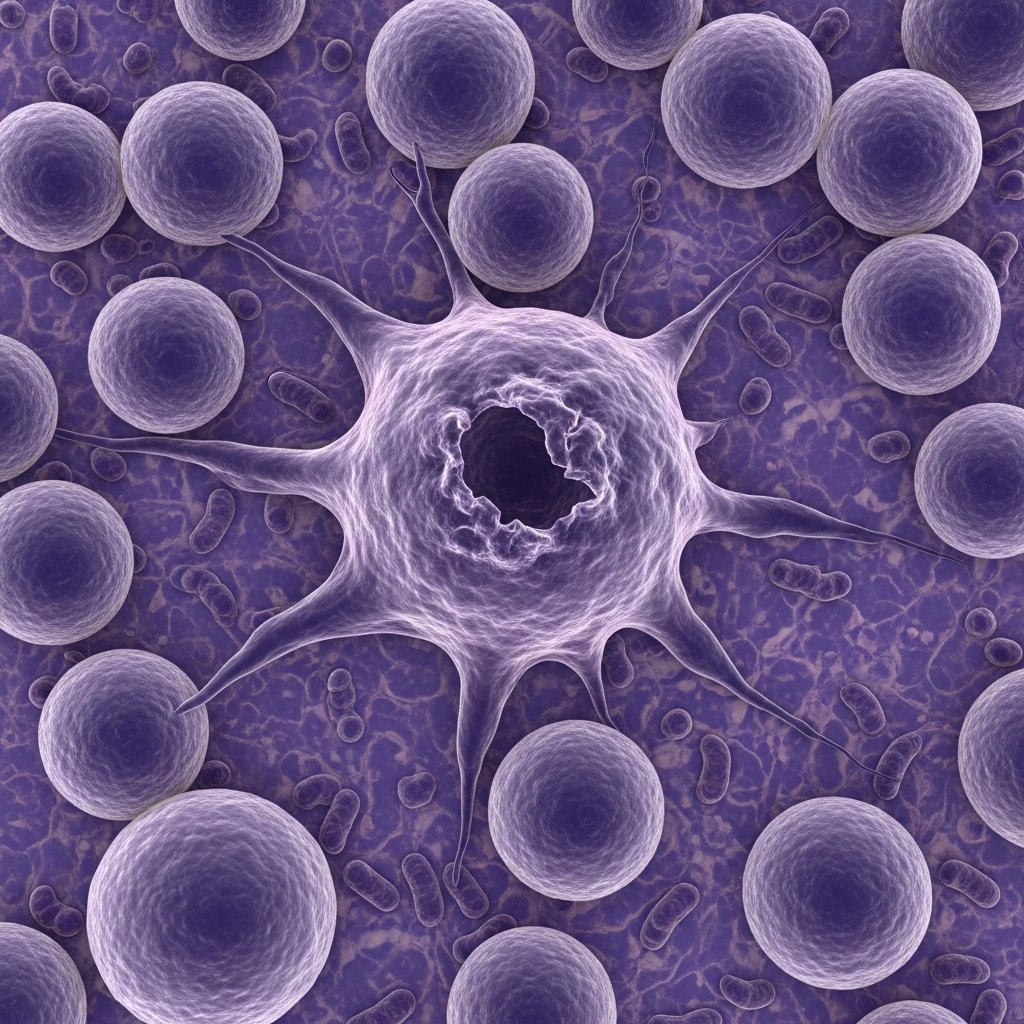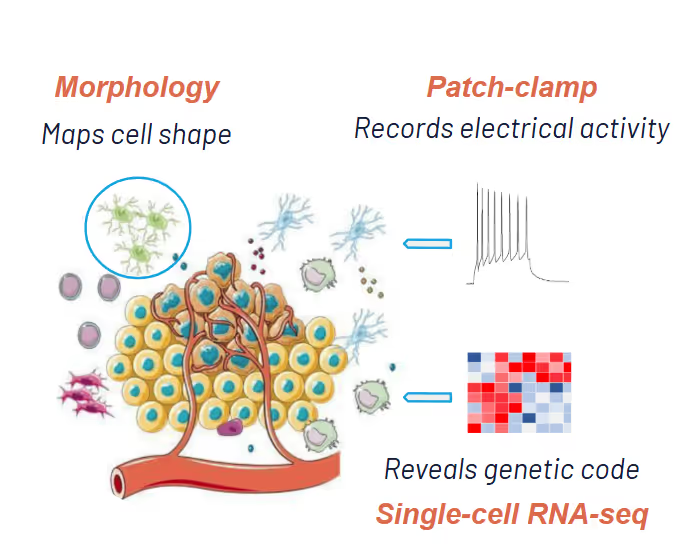Mastering the Complexity of Cancer.
Oncology data is increasingly multimodal and multiscale. With DataJoint, research teams are unifying their data, applying AI, and acting faster on what they find.

Broken Links in the Cancer Data Chain
Cancer researchers are drowning in data but starved for structure. As Chung and Jaffray write in Cancer Research,
“Data are ubiquitous in cancer research but lack meaning without properly linked and described metadata."
They argue that what’s missing is not data volume or computing power—but a robust metadata supply chain. Without one, researchers face siloed datasets, untraceable results, and workflows that collapse under their own complexity.
The pain is felt across the field: patient records split from omics data, images detached from annotations, results that can’t be reproduced or reused. The cost is enormous—delayed discoveries, broken AI pipelines, and missed opportunities for intervention.

The current paradigm of ad-hoc aggregation and curation of data *needs to be replaced.*

The System That Oncology Demands
The National Cancer Institute and Frederick National Lab have defined what’s needed: an enterprise data science platform that can unify metadata, manage provenance, support reproducible workflows, and serve both biologists and data scientists.
DataJoint is that system.
Our platform delivers the core architecture the NCI calls for — integrating data repositories, compute environments, and algorithm pipelines into a single, reproducible supply chain. Click here for more about NCI's standard and the DataJoint platform.

Accelerate Your Research
Find out how DataJoint can help.

.svg)
